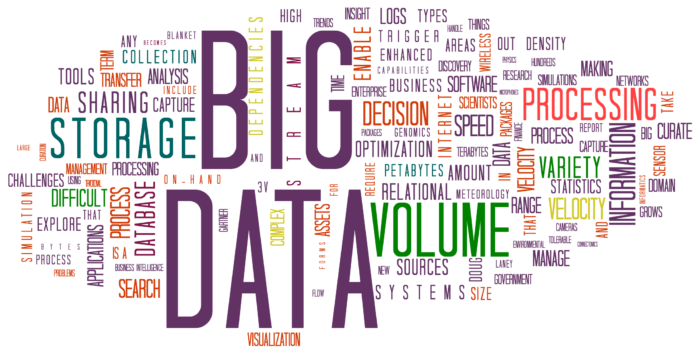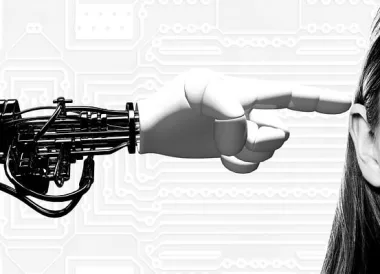6 de abril de 2018
Five Big Data (big) challenges for the justice sector
The justice sector will have to face big challenges in the upcoming years derived from the massive analysis of the case law that may condition the judge's perspective and decisions. Hence, the independence of each Judge could be at stake.
1. Predictive algorithms, based on the massive analysis of the case law aim to speed up the resolution of disputes and increase legal certainty, improving the predictability of court decisions. The fact that the result can be predicted in a judicial process could condition the activities of lawyers and even judges.
2. The judges will have a better knowledge of the jurisdictional practices of their colleagues and the parties will be able to determine more precisely the chances of success of a judicial procedure.
3. The open data and algorithms should promote access to law and equality in the courts as well as the stabilization, harmonization and convergence of jurisprudence.

4. The use of algorithms would also allow judges to discharge the most time-consuming tasks for the consideration of new or complex issues.
5. The risk of predictive software is that the judge, under the effect of surveillance resulting from a massive treatment of court decisions, loses his freedom of appreciation and independence and prefers to “security” to dominant or majority opinion of his peers.
In sum, these five issues should be the basis of the roadmap of the next future discussions on predictive justice based on algorithms and big data.
Artículos Recientes
¡Ya está disponible el caso! Segunda versión del Concurso Laboratorio de Estrategia Legal #LSL
Invitamos a los estudiantes de pregrado y postgrado de todas las carreras a presentar [...]
Masterclass Legal Operations: Transformando la Función Legal Empresarial de Guardián de Riesgos a Creador de Valor.
El Departamento de Derecho de los Negocios y la Facultad de Administración de Empresas [...]
Conclusión del Proceso de Reforma al Investor-State Dispute Settlement
En la semana del 12 de julio de 2023, durante la sesión anual de [...]
El Departamento de Derecho de los Negocios de la Universidad Externado de Colombia abre convocatoria para la vacante de Asistente de Investigación
¡Sé parte de nuestro equipo de trabajo! Perfil del cargo: Asistente de Investigación Apoyar [...]
Docente del Departamento de Derecho de los Negocios participó en el libro Blanco de la Asociación de Derecho Internacional
La Asociación de Derecho Internacional (ADI), una de la organizaciones más antiguas y prestigiosas [...]
CRYPTO IN COLOMBIA: PROSPECTIVE 2022
By: Daniel Peña Valenzuela The volatility of the main cryptocurrencies seems to be once [...]
Convocatoria de Monitores.
El Departamento de Derecho de los Negocios se complace en anunciar la apertura para [...]
¿Se avecina una regulación de la Franquicia por parte del Gobierno? ¿O lo impedirá la Corte Constitucional?
Por: Juan Miguel Álvarez* y Diana Marcela Araujo* En diciembre del 2020, el congreso [...]
Lanzamiento del libro “La propiedad temporal sobre derechos en el sistema inmobiliario colombiano: Contraste y similitudes con los “estates” del derecho anglosajón”
El Departamento de Derecho de los Negocios se complace en hacer partícipe a toda [...]
Tomando las Riendas del Futuro: La Importancia de Regular la Inteligencia Artificial para el Bien Común.
Se plantea la urgencia de regular la inteligencia artificial (IA) para garantizar el bienestar [...]
Conoce las importantes innovaciones de la segunda versión del Concurso Legal Strategy Lab #LSL
La segunda versión del Concurso Legal Strategy Lab #LSL, presenta innovaciones sustanciales. Te contamos [...]
Amec Foster Wheeler, Process Consultants & Joint Venture Vs. La República de Colombia
El procedimiento de refinación de crudo petrolero es una actividad fundamental para el desarrollo [...]


















